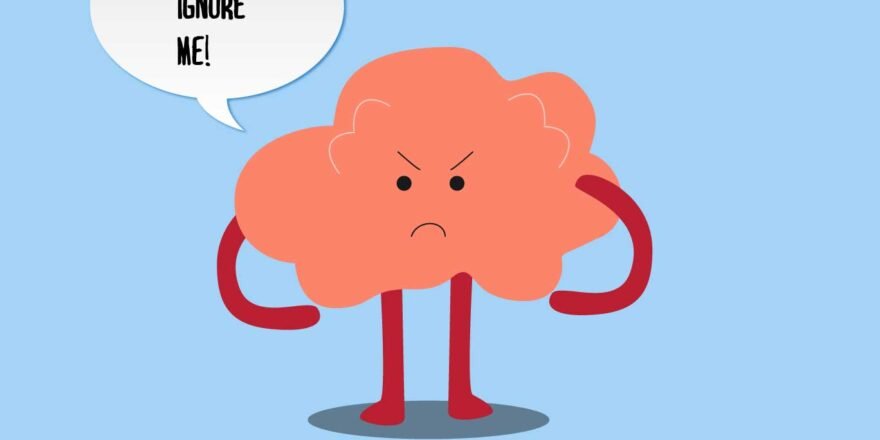5 Tips to Help Catalyse Brain Development in Children
A child’s growth is segmented into four primary domains: motor skills, language and communication, social and emotional well-being, and cognitive abilities. Brain development falls within the cognitive facet of a child’s growth. The initial three to eight years are crucial as a child’s brain undergoes rapid development, forming over 700 neural connections per second during this period, a rate unparalleled in any other phase of a person’s life.
As per the Centers for Disease Control and Prevention, a child’s brain development hinges on three significant factors: adequate nutrition from pregnancy onwards, the extent of exposure to infections and toxins, and the child’s interactions with others and the environment. Fostering cognitive function and brain development in children requires nurturing and responsive care. Positive experiences and activities with primary caregivers play a pivotal role in supporting healthy brain development. Here are five tips to encourage children’s brain development.
Reading
An excellent method to initiate your child’s brain development is by integrating reading into their daily routine. Reading fosters and stimulates language and communication skills, even before the child begins recognizing letters and words. Utilizing picture books aids in connecting images with words in the child’s mind, enhancing their memory, vocabulary, and reasoning abilities.
Playing
Engaging in playtime is a crucial factor in supporting a child’s brain development. This can involve various activities such as playing games, singing rhymes, or engaging in conversations. For toddlers, encouraging activities like pretend play, coloring, and building blocks can enhance their imagination, creativity, and critical thinking skills. Guessing games actively stimulate their cognitive abilities, while activities like listening, singing, and creating their rhymes contribute to the development of communication skills.
Music: Listening and Singing
Music plays a significant role in stimulating the numerous neural pathways formed in children daily. Exposure to various types of music contributes to language, cognitive, social, and emotional development. When a child imitates your singing, offering positive reinforcement by reciprocating encourages spontaneity and aids in the child’s learning process.
Counting
As you and your child climb or practice climbing stairs, engage in counting each step. Participating in such activities together introduces your child to numbers in an enjoyable manner. This interactive approach helps your child grasp the fundamentals of mathematics, allowing them to understand numbers as concepts rather than just words.
Comfort and Positive Interactions
Similar to adults, babies, toddlers, and children can also feel and undergo stress. Hence, fostering healthy brain development and functioning necessitates consistent, responsive, loving, nurturing, and supportive care, particularly during the initial three years of a child’s life. Positive interactions and experiences with others enhance the bond between the child and the world, promoting curiosity and involvement in learning while reinforcing long-term learning capabilities.
Above all, it is crucial to consistently establish a secure attachment, cultivate a positive environment, provide appropriate responses to distress, foster a language-rich setting, and dedicate sufficient time for play, cuddling, and conversation with your child. These elements collectively contribute to a lasting impact on brain development.




